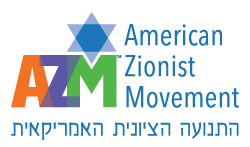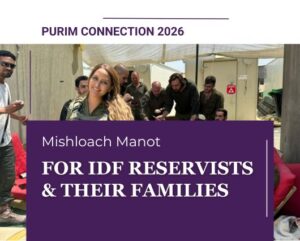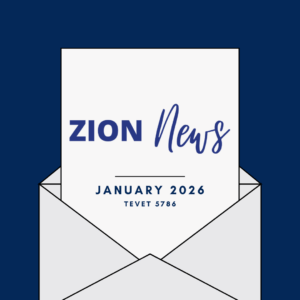Excerpts from Rabbi Vernon Kurtz’s acceptance speech on December 17, 2012
 It is imperative that we involve ourselves in the political, educational and social welfare life of the Israeli people. We must do more to get people to Israel. Anyone who has gone to Israel understands much more readily the importance of the State, its challenges and its promise. At the same time, we can’t simply deal with nostalgia and with an idealized version of Israel. No longer can it be sanitized. Just read the Israeli papers and see how critical they can be. We need to confront some of the major issues in Israel’s internal life. I am not one who believes that we have a specific role in defining Israel’s security and political needs. I do feel, however, we have a role in attempting to create in Israel an exemplary society, a model society, not only for its citizens but for all Jews around the world. We are to be a light to the nations in a most emphatic way.
It is imperative that we involve ourselves in the political, educational and social welfare life of the Israeli people. We must do more to get people to Israel. Anyone who has gone to Israel understands much more readily the importance of the State, its challenges and its promise. At the same time, we can’t simply deal with nostalgia and with an idealized version of Israel. No longer can it be sanitized. Just read the Israeli papers and see how critical they can be. We need to confront some of the major issues in Israel’s internal life. I am not one who believes that we have a specific role in defining Israel’s security and political needs. I do feel, however, we have a role in attempting to create in Israel an exemplary society, a model society, not only for its citizens but for all Jews around the world. We are to be a light to the nations in a most emphatic way.
Israel education must be a high priority agenda both on the adult level and in our schools, whether they be day schools or supplementary schools. Not only politics but Zionism and our relationship to Israel is a subject for our younger generation to understand. We need to create ongoing relationships among people on both sides of the Atlantic and the social media and our technology easily allow us to do so.
We must promote Aliyah. If indeed Israel is the national homeland of our people then we must create opportunities for young people, families, retirees; if not to move to Israel on a permanent basis, then to be involved in alternative Aliyah possibilities, whether it be sabbaticals, long-term visits or opportunities for family study and vacations.
We need to study and know Hebrew. There is no excuse for anyone in leadership positions in the Zionist Movement not to know Hebrew. It is the language not merely of our prayers, liturgy and Tanach, but is the language of the Jewish people and the State of Israel. We must promote this study and challenge ourselves to always reach greater heights. We must work on the campus with whatever organizations promote Israel education and Israel advocacy. And we must engage in the arena of ideas where Zionism has been woefully absent.
I believe that we at AZM must lead the way in many of these areas and be a partner with others who are already doing fine work. We can only do so if we work together, put aside our differences and see the greater whole, the more noble purpose, the grand challenge. We may not complete the work, but neither are we free to desist from it. Together we can make a difference.



